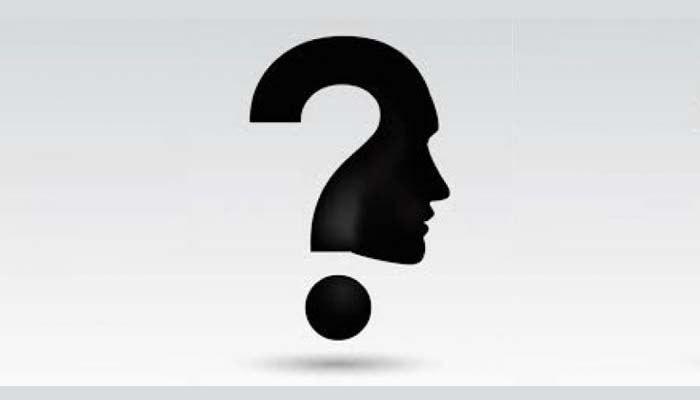
Do you know, What is Identity Economics?
Introduction:
Identity economics removes a complex gap in the social sciences. It brings identity and ideals to the economy. People have an idea of what they work hard for and how they learn, spend and save, and what is forbidden and what is fundamental. Thus the identity of the people who they are and who among them they have chosen – this idea may be the most important factor in influencing their economic life. And society’s restrictions on people’s identities can also be an important determinant of their economic well-being.
Hopkins sued, on the grounds of sex discrimination under Title VII of the Civil Rights Act. The court wrote that “an employer who objects to aggressiveness in women but whose positions require this trait places women in an intolerable and impermissible catch-22: out of a job if they behave aggressively, and out of a job if they do not.”
This book introduces identity and related rules in economics. The discipline of the economy no longer limits itself to the question of use and income. In every social context, people keep their thoughts. These ideas, as we will see, play an important role in how the economy works.
Identity economics embodies the notion that people make economic choices based on both financial incentives and their identities: by holding on to financial incentives uninterrupted, people avoid actions that conflict with their self-concept. The basics of identity economics were first laid down by the Nobel Prize winners – the winning economists George Akerlof and Rachel Kranton, in their “Economics and Identity” published in the Quarterly Journal of Economics.
What is Identity Economics?
This article provides an exclusive mechanism for expanding the standard utility function to integrate social identities into standard economics models that include both pecuniary payoffs and identity utility. The authors demonstrate the importance of identity in economics by showing how predictions of the classic principal-agent problem change when the identity of the agent is considered.
We start with the Hopkins case because the type of identity-related to gender is so obvious. In this book, we study the rules in different contexts of work, home, and school.
This book creates an economy where tastes differ in social contexts. Identities and rules bring something new to represent tastes.
Economics for better or for worse pervades how policymakers, the public, and the press talk and think. Gary Becker developed ways to represent a variety of realistic tastes, such as for discrimination, children, and altruism. Identity Economics, in its turn, brings in social context with a new economic man and woman who resemble real people in real situations.
This modeling of identity is informed by a vast body of research on the salience of social categories for human behavior and interaction. These examples, and other evidence, indicate that-
(1) People have identity-based payoffs derived from their own actions;
(2) People have identity-based payoffs derived from others’ actions;
(3) Third parties can generate persistent changes in these payoffs; and
(4) Some people may choose their identity, but the choice may be proscribed for others.
What is Identity Economics?
The concept of identity expands economic analysis for at least four corresponding reasons.
First, identity can explain behavior that appears detrimental. People behave in ways that would be considered maladaptive or even self-destructive by those with other identities.
Second, identity underlies a new type of externality. One person’s actions can have meaning for and evoke responses in others.
Third, identity reveals a new way that preferences can be changed. Notions of identity evolve within a society and some in the society have incentives to manipulate them.
Fourth, because identity is fundamental to behavior, choice of identity may be the most important “economic” decision people make.
Economists have a way of describing motivation: we describe an individual as having a “utility function.” This is a mathematical expression that characterizes what people care about.
UTILITY FUNCTION AND EVIDENCE OF IDENTITY-RELATED BEHAVIOR
This section proposes a utility function that incorporates identity as a motivation for behavior.
- A Utility Function with Identity
- Psychology and Experiments on Group identification
- Examples of Identity-Related Behavior
ECONOMICS AND IDENTITY: A PROTOTYPE MODEL
- A Prototype Model
- Equilibrium Outcomes
- Comparative Statics
- Extensions to the Model and the Definition of “Situations”
IDENTITY, GENDER, AND ECONOMICS IN THE WORKPLACE
- The Model
- Implications for Labor Market Outcomes
- Effects of the Women’s Movement
- Gender-Job Associations and Sex Discrimination Law
IDENTITY AND THE ECONOMICS OF EXCLUSION AND POVERTY
- Motivation for Model
- Identity Model of Poverty and Social Exclusion
- Equilibria and Interpretation
- Further Lessons from the Model
IDENTITY AND THE ECONOMICS OF THE HOUSEHOLD
Identity affects economic behavior in our models through four avenues. First, identity changes the payoffs from one’s own actions. We capture this possibility by a value is in our models. In our study of gender in the workplace, for example, a woman working in a ‘‘man’s’’ job suffers a loss in utility, affecting the labour supply. Second, identity changes the payoffs of others’ actions.
We capture this externality by a value Io in our models. A ‘‘Red’’ in our poverty model, for example, is harmed by a member of his own community who complies with the dominant culture. Third, the choice, or lack thereof, of different identities affects an individual’s economic behavior. In our poverty model, while individuals could choose between Green or Red, they could never be a ‘‘true’’ Green. The greater extent of this social exclusion is the greater possibility of equilibria in which individuals eschew remunerative activities.
This possibility expanded the scope of employment policy in our model of gender in the workplace and of education policy in our study of social exclusion. Identity Economics makes use of new evidence and economists, like scientists, should be receptive to data from close observation. Identity expands economic inquiry.
For example, identity widens the scope of choices that economists should study. People often have some choice over their identity.
Finally, the social categories and behavioral prescriptions can be changed, affecting identity-based preferences.
Also Read: What is a memo? How to write a memo.







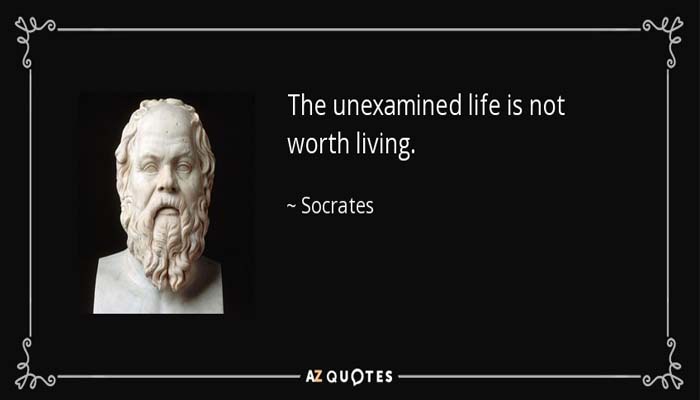

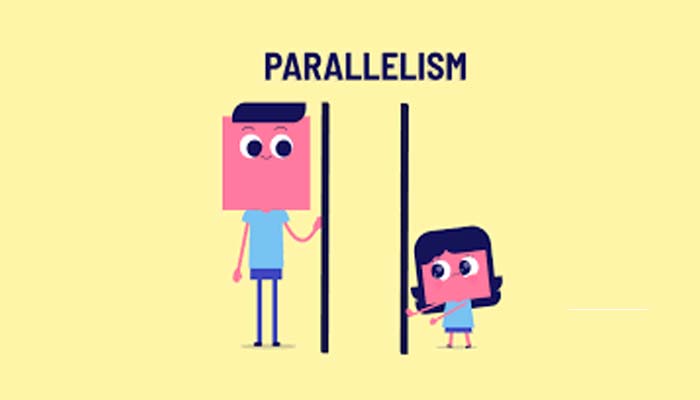
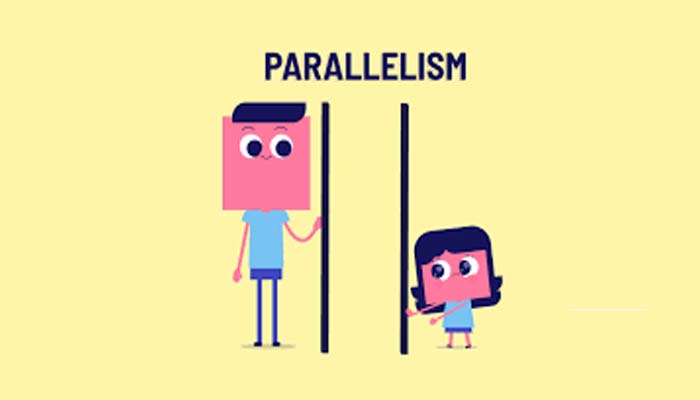
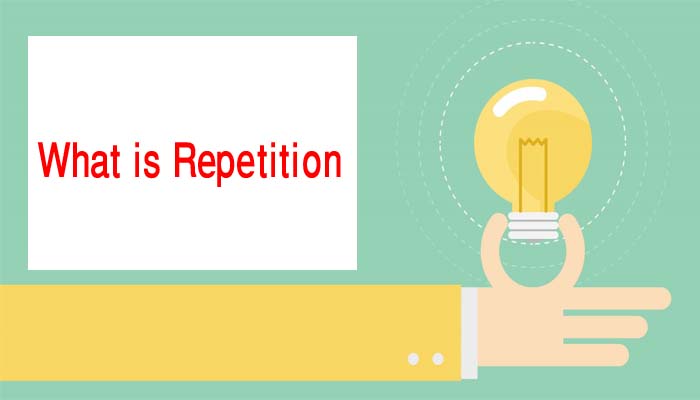
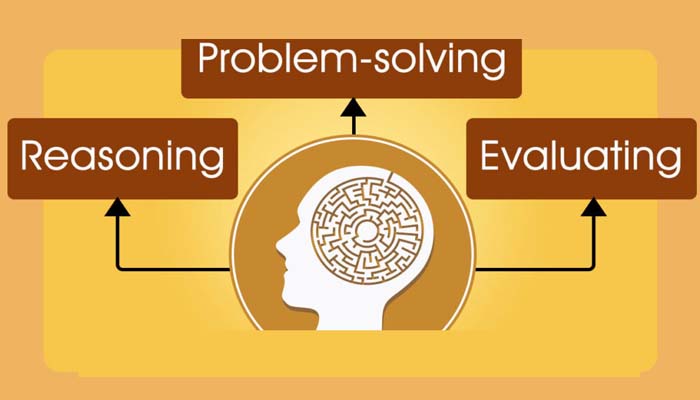








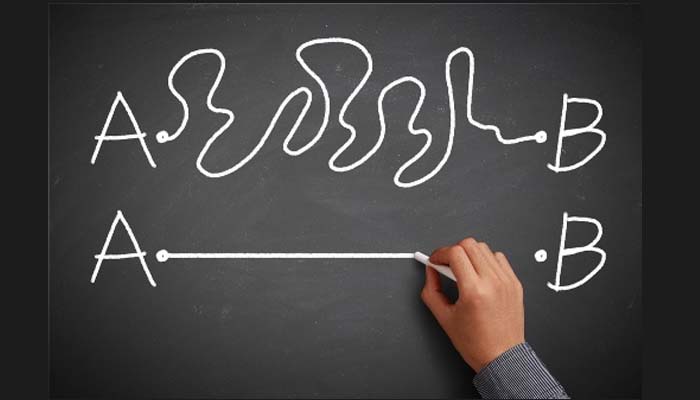





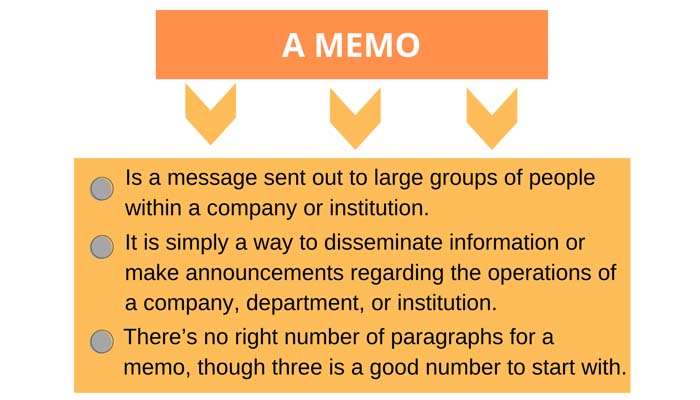



1 comment on “Identity Economics”